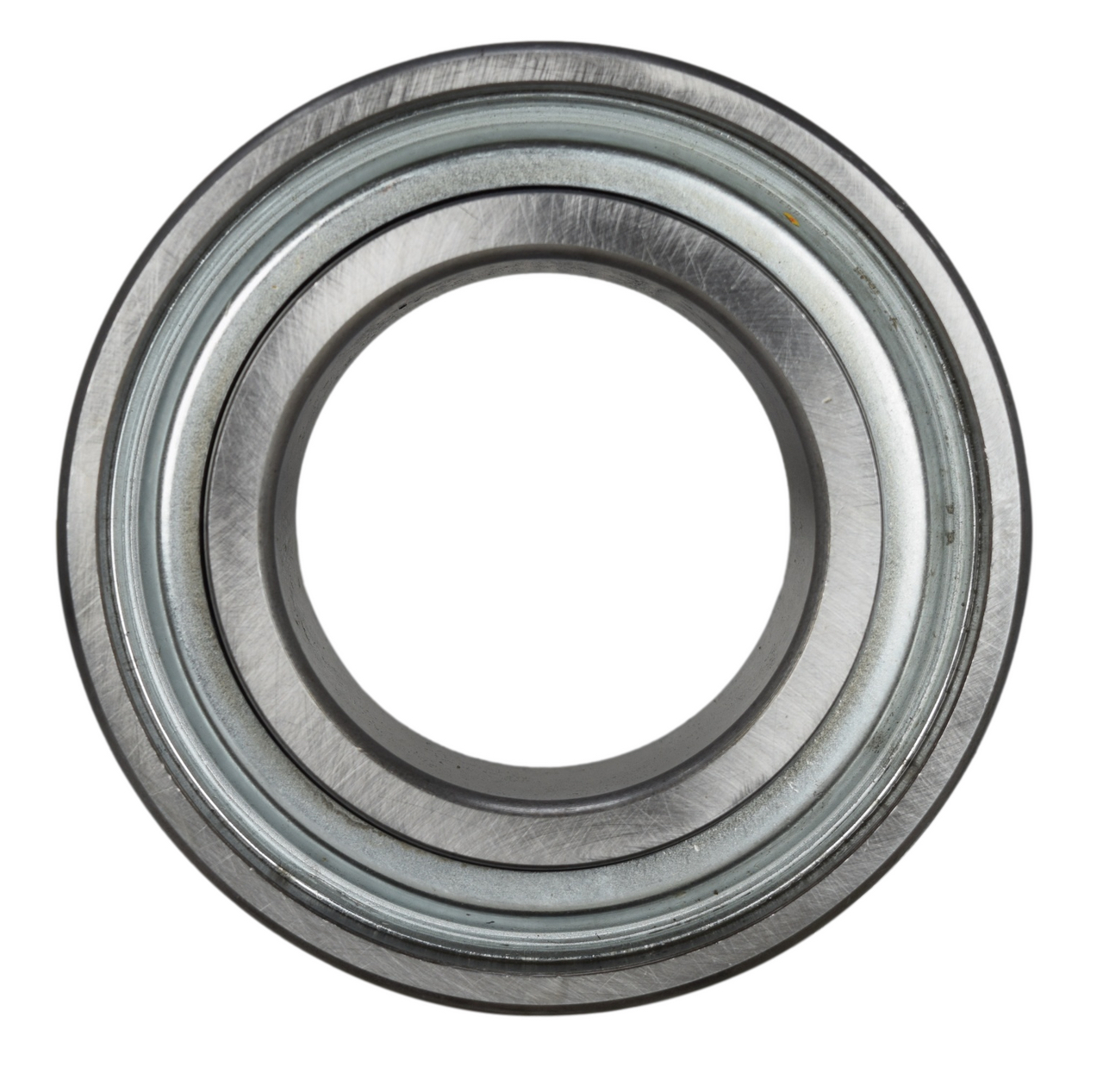Nov . 06, 2024 13:35 Back to list
Custom Ceramic Bearings Designed for Enhanced Performance in Electric Motors
Custom Ceramic Bearings for Electric Motors
In the rapidly advancing technological landscape, electric motors have become indispensable components across various industries, from automotive to aerospace, renewable energy to consumer electronics. As the demand for high-performance electric motors increases, so does the need for enhanced components that can withstand the rigors of operation while providing superior efficiency. One such innovation is custom ceramic bearings, which are increasingly being integrated into electric motor designs due to their various advantages over traditional materials.
Understanding Ceramic Bearings
Ceramic bearings are made from advanced ceramic materials such as silicon nitride or alumina, known for their superior hardness, low density, and excellent wear resistance. Unlike traditional steel bearings, ceramic bearings offer reduced friction, which leads to increased efficiency in electric motors. These bearings can operate at higher temperatures and are resistant to corrosion and other environmental factors, making them a compelling choice for modern applications.
Advantages of Customization
The term custom in custom ceramic bearings signifies that these components can be tailored to meet specific requirements of various motor designs. Customization can encompass dimensions, load ratings, and even the type of ceramic material used. By collaborating with manufacturers that specialize in custom solutions, electric motor designers can optimize performance, enhance reliability, and extend the lifespan of their products.
1. Performance Enhancement Custom ceramic bearings can significantly reduce friction losses in electric motors. When combined with precise tolerances, this reduction in friction translates into higher efficiency and better performance. Improved energy efficiency is particularly crucial in applications where motors are running continuously, as it can lead to considerable energy savings over time.
custom ceramic bearings for electric motors

2. Durability and Longevity One of the standout features of ceramic bearings is their resistance to wear. Unlike metal bearings, which can suffer from pitting and fatigue over time, ceramic bearings tend to have a longer operational life. This is particularly important in demanding environments, such as in high-speed motors or those subjected to extreme temperatures.
3. Weight Reduction The lightweight nature of ceramic materials allows for significant weight savings. In electric motors, reducing weight can improve overall performance and efficiency, especially in applications where size and weight are critical considerations, such as in electric vehicles and drones.
4. Chemical Resistance Custom ceramic bearings can be designed to resist various lubricants and harsh chemicals, enabling their use in environments that would typically be detrimental to traditional bearings. This feature opens doors for innovative applications in the automotive and medical industries, where exposure to diverse elements is common.
5. Vibration Damping Ceramic bearings often provide enhanced vibration damping characteristics compared to their metallic counterparts. This quality can help in reducing noise and wear during operation, leading to smoother and quieter motor performance.
Conclusion
The shift toward electric motors in numerous applications underlines the need for high-quality, tailored components that can meet specific performance standards. Custom ceramic bearings represent a significant advancement in this domain, offering numerous benefits that can enhance the overall effectiveness of electric motors. As industries continue to evolve and seek greater efficiency and reliability in their operations, the integration of custom ceramic bearings will undoubtedly play a crucial role in shaping the future of electric motor technology. By investing in these innovative components, manufacturers can not only meet market demand but also lead the charge in developing sustainable and efficient electric motor systems for the modern world.
Latest news
-
Durable UCFC202-09 Round Flange Housing 4-Bolt Ball Bearing
NewsAug.21,2025
-
25x52x44.4mm UEL205 Bearing with Eccentric Sleeve
NewsAug.19,2025
-
High Quality 6319 2RS Deep Groove Ball Bearing 95x200x45
NewsAug.18,2025
-
UCT205-15 Take Up Housing Pillow Block Bearing | Reliable
NewsAug.17,2025
-
CKZ-A Sprag Type Freewheels One Way Clutch - High Performance & Reliable
NewsAug.16,2025
-
ASNU 12-35 NFS TFS Roller Freewheel One Way Clutch Bearings
NewsAug.15,2025